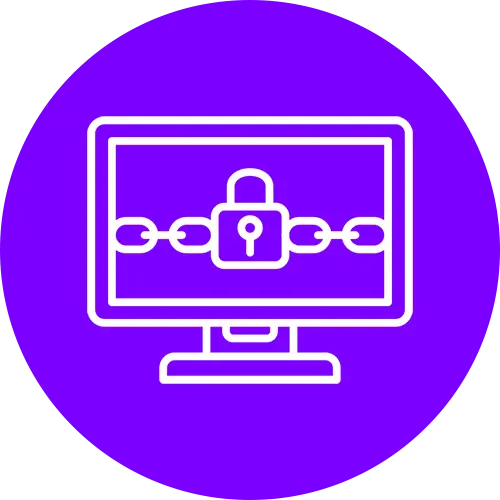Business Continuity Management
What is Business Continuity Management (BCM)?
Business Continuity Management (BCM) Services in Governance, Risk, and Compliance (GRC) involve strategies and processes to ensure an organization can continue essential operations during and after a disruption. Here are four key points to understand BCM services:

Risk Identification and Assessment:
Systematically identify and assess potential risks and threats to business operations, including natural disasters, cyber incidents, and other disruptions.
Business Impact Analysis:
Analyze the potential impact of disruptions on critical business functions, processes, and resources to prioritize recovery efforts and allocate resources effectively.
Continuity Planning:
Develop comprehensive business continuity plans outlining strategies and procedures to maintain or quickly resume essential operations, including communication plans and defined roles and responsibilities.
Testing and Training:
Regularly test and update continuity plans through drills and exercises, and provide training to employees to enhance awareness and preparedness for potential disruptions.
BCM Services are crucial for organizations to enhance resilience, minimize downtime, and ensure the continuity of critical business functions in the face of unexpected events.
Key Features

Risk Identification and Assessment
Systematically identify and assess potential risks and threats to critical business functions, including natural disasters, cyber incidents, and other disruptions.

Business Impact Analysis
Analyze the potential impact of disruptions on critical business functions, allowing for prioritized recovery efforts and effective resource allocation.

Comprehensive Continuity Planning
Develop detailed business continuity plans outlining strategies and procedures to maintain or quickly resume essential operations, with defined roles and responsibilities.

Regular Testing and Training
Conduct regular tests, drills, and training sessions to ensure the effectiveness of continuity plans and enhance employee awareness and preparedness.

Adaptive Plan Updates
Continuously update and adapt business continuity plans to reflect changes in the organizational landscape, technology, and emerging threats.

Communication Protocols
Establish clear communication protocols within the organization and with external stakeholders to facilitate effective coordination during and after disruptions.
Why Excellicore?
Choosing Excellicore for Business Continuity Management (BCM) services is a strategic decision based on their proven capabilities. Excellicore excels in identifying and assessing potential risks, conducting business impact analyses, and developing comprehensive continuity plans. Their commitment to regular testing, training, and adaptive plan updates ensures preparedness for disruptions. With a focus on communication protocols and strategic continuity planning, Excellicore stands out for its dedication to maintaining critical business functions in the face of unforeseen events. Opting for Excellicore ensures a resilient, well-prepared approach to business continuity and risk mitigation.
Risk Identification Expertise
Excellicore excels in identifying and assessing potential risks critical to business continuity.
Comprehensive Business Impact Analysis
Conducts thorough analyses to assess the impact of disruptions on critical business functions.
Strategic Continuity Planning
Develops comprehensive plans outlining effective strategies and procedures for maintaining or resuming essential operations.
Regular Testing and Training
Ensures continuous plan effectiveness through regular testing, drills, and employee training.
Adaptive Plan Updates
Continuously updates and adapts business continuity plans to reflect changes in the organizational landscape and emerging threats.
Effective Communication Protocols
Establishes clear communication protocols for seamless coordination during and after disruptions.
